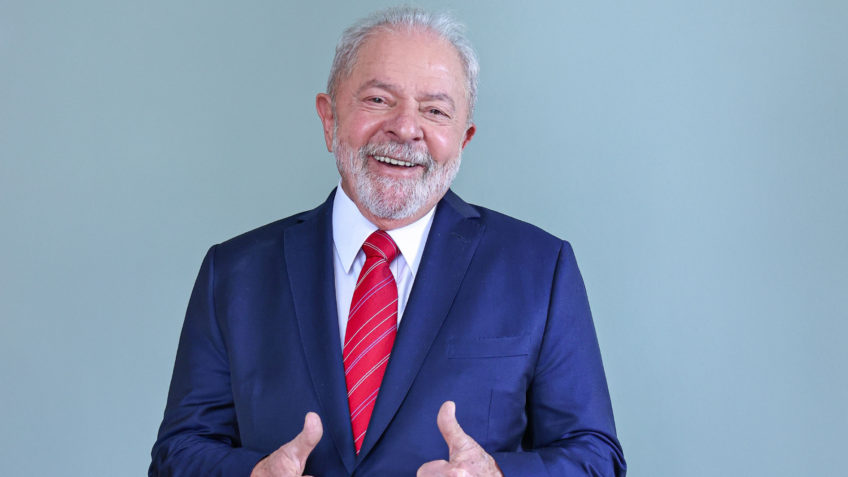The former Brazilian president, Luiz Inácio Lula da Silva (2003-2010), of the Workers’ Party (PT, left), won the second round of the general elections held today, Sunday, in Brazil and was elected president for a four-year term, which will begin on January 1, 2023.
According to figures from the Superior Electoral Court (TSE), Lula da Silva was victorious by obtaining more than 60 million votes, 50.89 percent of the valid votes, beating the current president Jair Bolsonaro, from the Liberal Party (PL, right), who was seeking reelection, who obtained more than 58 million, 49.11 percent when 99.74 percent of the sections were counted.

This is the smallest difference in the definition of a presidential dispute in the second round in Brazilian history.
Last Oct. 2, in the first electoral round, Lula da Silva obtained more than 48 percent of the valid votes, against more than 43 percent for the current president.
In a polarized election between two antagonistic proposals for the future of Latin America’s largest economy, Lula da Silva won by a narrower margin than expected, with the massive support of voters in the northeast, the poorest region of the country.
His return to power represents a recovery of political leadership, after spending more than a year in prison between 2018 and 2019, due to a controversial conviction that the Supreme Court would later overturn.
At 77, the former trade unionist will have the opportunity to govern Brazil for the third time and resume his project to expand the country’s international projection with a universal foreign policy through friendly relations with all countries.
Lula da Silva will return to the Presidency with an agenda of strong social content, such as the return of the policy of a real increase in the minimum wage and the strengthening of state-owned companies, in addition to the fight against hunger and poverty.
In a message to voters last Friday night, the former president said that the first task of his future government would be to initiate a process of national pacification for the reconstruction of the country.
In the last days of campaigning, he issued the Charter for the Brazil of Tomorrow, with the guidelines that will guide his next administration.
“The first measures of our government will be to free 33 million people from hunger and more than 100 million Brazilians from poverty. Democracy will only be true when the entire population has access to a dignified life, without exclusions,” the document states.
In a spirit similar to that of his two previous terms, the petista leader will seek to reconcile attention to social demands with an economic policy that combines state action and private initiative, with environmental sustainability.
“It is possible to combine fiscal responsibility, social responsibility, and sustainable development, and that is what we are going to do, following the trends of the world’s major economies,” the document states.
The platform also advocates the reindustrialization of Brazil, through a national strategy toward the knowledge economy.
“We will initiate the digital transition and bring Brazilian industry into the 21st century, with an industrial policy that supports innovation, stimulates public-private cooperation, strengthens science and technology, and guarantees access to financing at adequate costs,” he said.
Lula da Silva also promised to “break isolation and resume a successful foreign policy” to expand foreign trade and technological cooperation and ” promote fairer and more democratic relations between countries.”
“We will resume a sovereign, self-confident and active foreign policy, promoting democratic dialogue and respecting the self-determination of peoples”, emphasizing the recovery of regional integration, Mercosur, and other Latin American initiatives.
He also intends to strengthen the dialogue with the BRICS countries (Brazil, Russia, India, China, and South Africa), the European Union, and the United States.

